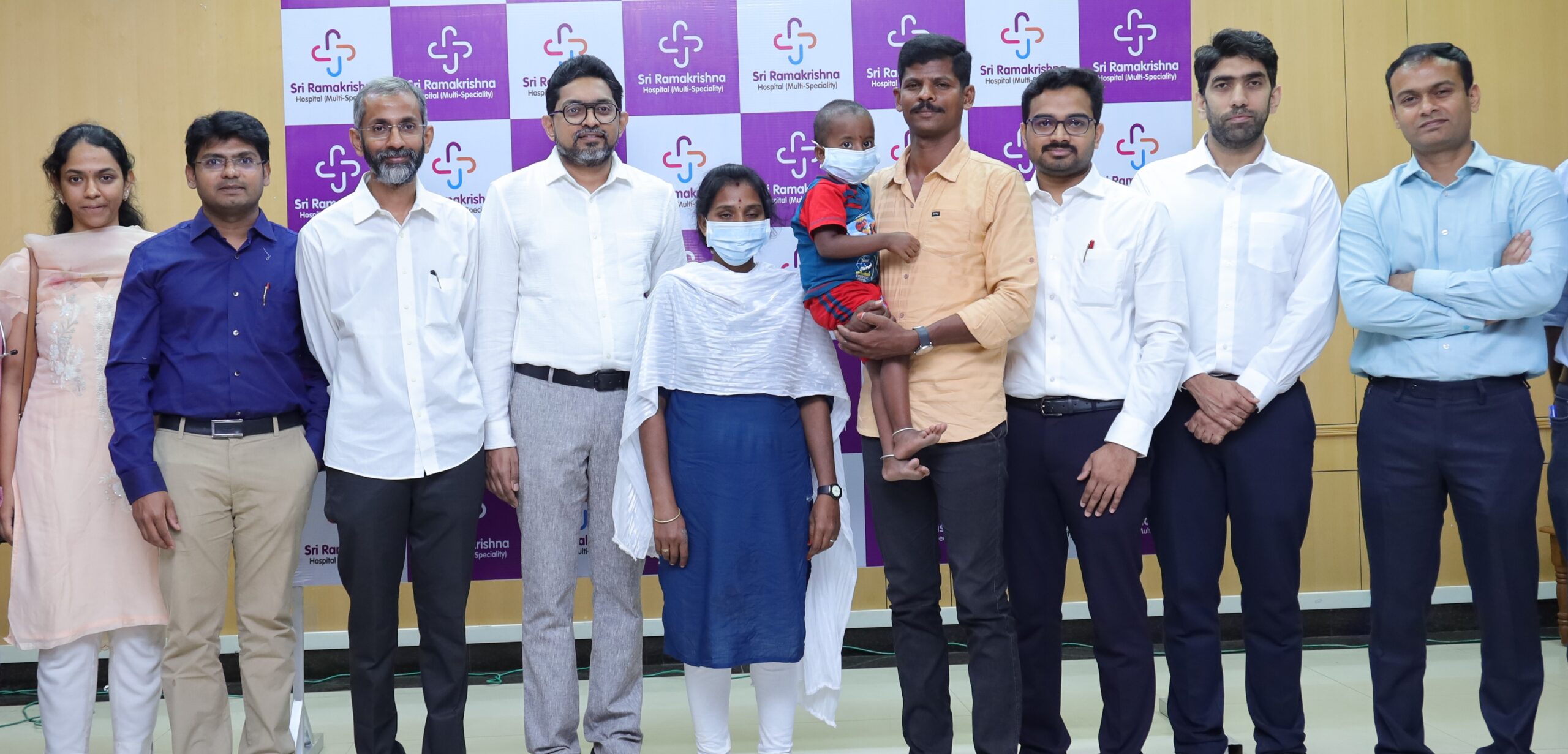Trending Now
- 830 voters names go missing in Kavundampalayam constituency
- If BJP comes to power we shall consider bringing back electoral bonds: Nirmala Sitaraman
- Monitoring at check posts between Kerala and TN intensified as bird flu gets virulent in Kerala
Coimbatore
Meet on tackling film industry harassment a pointer to need for media sensitisation
![]() October 22, 2018
October 22, 2018
Mediapersons in search of sensational news or sound bytes may be found stationed on wooden planks sipping tea or atop trees to catch a glimpse of the victim.
This time male reporters were seen pouncing on Tamil fraternity’s four brave women who showed courage to voice their stories. This calls for a better understanding of things and media sensitisation.
Leena Manimekalai.Chinmayi Sripaada, Sriranjini and TV anchor Lakshmi Ramakrishnan were invited by South Indian Film Women’s Association to discuss how to address sexual harassment in the film industry. But, male journalists made the entire atmosphere hostile by asking insensitive questions like “What exactly happened?” “Where did it happen?” And what was the sort of torture they underwent?”
This was against the normal trend of being civil. It appeared some had come with some mission or agenda. Film journalists generally have loyalty towards celebrities and would have been deployed to ask an uncomfortable question, says The Telegraph Associate Editor GC Shekar.
The Executive Editor of Deccan Chronicle Bhagwan Singh says it was indecent, unpardonable conduct of behaviour by the reporters. In most of the press conference the television media have set their own rules they scream, they yell. Sometimes the VVIP addressing the press conference have to wait till the shouting seizes. The reporters they do not follow basic norms, ethics, decency of journalism. There must be some kind of self-disciplining mechanism which the channel heads and administration should impose in their organization and the editor should take accountability for the misconduct of the reporters or journalist.
In 2013 a similar case had happened where a domestic issue of two journalists had gone to the Madras High Court. Journalists decided to take sides and they were asked all sorts of disgusting questions about her private and sexual life just to shame her. Reporters and journalist should stick to journalistic ethics, says an Independent Journalist Sandhya Ravishankar
Senior Journalist John Thomas feels the ethics of journalism allows the reporter to ask a question with an open mind. The reporter can be opinionated but it should not reflect on his or her questions. The reporter needs to be gender neutral while asking questions. However, if the topic the reporter is covering is gender specific sensitisation is a must. “Unfortunately, in our society who makes the loudest noise is heard. #MeToo movement has brought in awareness about seeking consent. But, the media channels should have some training, workshops or seminars to make them more sensitive to victims in general,” he says.
Sensitive topics like rape, sexual assault and harassment should be dealt with in a very delicate manner. ‘Silence’ is the key. Survivors or victims should be asked one line lead in questions like, ‘What would you like to say,’ or ‘What would you like to happen,’ says psychologist A Rohit.
Shekar blames TV journalists for the situation as there is the is the agenda to increase TRP. For this, the reporter tries to provoke the person by asking indecent questions. “Discipline has to be self-imposed. It cannot come from outside. A journalist is expected and told by the organisations to uphold basic decency during a press meet. Social media has robbed society of its sensitivity. People abuse on Twitter, Facebook and Instagram. Lack of accountability is also seen in television media, he says in print media still there is some genuinity.
Former Vice-President Hamid Ansari, while addressing the Biennial Session of the National Union of Journalists, had raised concerns about falling ethical standards. He warned about disconcerting media-related developments that “raise questions about the media’s objectivity and credibility”
Rohit says, “The goal should be to treat survivors or victims with dignity and help them feel safe. For that, we need robust law enforcement, speedy justice delivery and heightened emotional quotient.” And to add to it a more sensitive media























